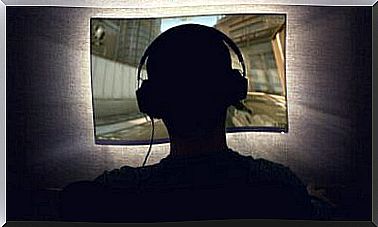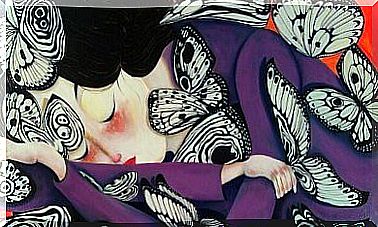Music And Emotions

According to RAE, “Music is the art of combining the sounds of the human voice or instruments, or both at the same time, in such a way that they produce pleasure, emotion, touching our sensibility, whether with joy or sadness” . Everything is music: singing, the sound of a guitar or violin, an orchestra or a rock band.
Since ancient times, music has been considered an art. It is a code, a universal language that is present in all cultures in human history. Interestingly, the hieroglyphs representing the word “music” were identical to those representing the states of “joy” and “well-being”. In china, the two ideograms that represent it mean “enjoy the sound”. Therefore, there is a great coincidence in relation to the meaning of music, where pleasant and pleasurable sensations predominate.
music therapy
Possibly the origin of the therapeutic use of music and sounds takes us back to the beginning of humanity. Plato already said that “Music was for the soul what gymnastics is for the body” , recognizing that it had qualities or properties that influence our emotional and spiritual dimensions.
The American Music Therapy Association (AMTA) defines music therapy as “A healthcare profession that utilizes music and musical activities to meet the physical, psychological and social needs of people of all ages. It improves the quality of life of healthy people and meets the needs of children and adults with a disability or illness. Its use produces well-being, controls stress, reduces pain, helps to express feelings, improves memory, communication and facilitates physical rehabilitation”.
Thus, if we consider the illness as an interruption, an imbalance or a lack of communication, music can help to build the necessary bridges for this blocked communication to flow normally, contributing to the restoration or improvement of health.
Currently, music therapy is applied to various disorders in people of all ages. Applications are common in education (autism, hyperactivity, Down syndrome…), mental health (depression, anxiety, stress…), medicine (oncology, pain, people in the ICU…) and geriatrics (dementias…).
Thanks to the ability of music to act at all levels, with music therapy we can achieve some goals such as:
- Improves affectivity level and behaviors.
- Develops communication and the means of expression.
- Releases pent up energy.
- Develops emotional-affective awareness.
- It provides people with enriching musical experiences that help them to be motivated.
- It boosts self-esteem and personality.
- Rehabilitate, socialize and educate.
Does music affect us emotionally?
Who has never experienced any emotion when listening to a song? Sound and music produce emotions that alter our physiology, our hormones, heart rate and pulse rate. We use music in many moments, either consciously or unconsciously.
In the past, music was used to encourage warriors and hunters. In films, it is used as a means of multiplying the effect of certain scenes, becoming an indispensable code for the emotional characterization of situations. (Cohen, 2011)
Our mood can be affected by the type of music we listen to or sing. A sad song can make us melancholy, while a happy song can cheer us up and bring some moments of happiness. Soft, harmonic music accompanies us in moments of relaxation and study, and rhythmic music stimulates us while we exercise.
Music also has an effect on many of our important memories. Who has never associated a certain situation with a song?
The brain areas activated by music and emotions are practically the same. The brain produces some psychophysiological reactions when it perceives sounds. They respond with emotions that cause physiological changes such as increased production of neurotransmitters and other hormones that act on the central nervous system.
Music modifies our physiological rhythms, alters our emotional state and is capable of changing our mental attitude, bringing peace and harmony. She has a strong influence on all human beings at all levels.
And you, what do you think? Could we live without music?









